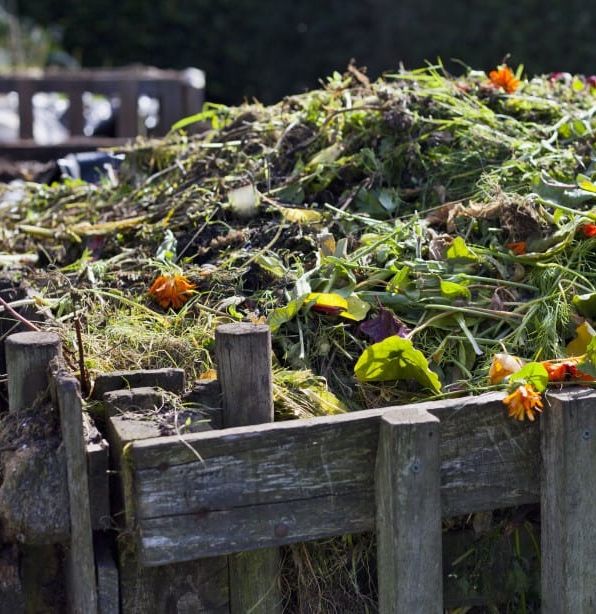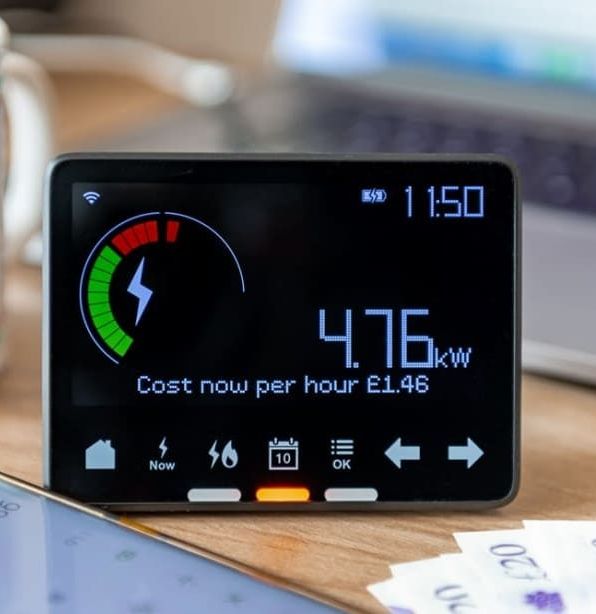Sustainability for UK Hotels: A Guide for Owners and Managers
Embracing sustainability is not just a trend, but a business imperative – guests are searching for and seeking out hotels that take sustainability seriously. Here’s a comprehensive guide on how you can deliver sustainable practices into your hotel’s operations across five critical dimensions.
1. Energy Usage and Carbon Reduction
Reducing your hotel's energy consumption and carbon footprint is essential in the journey towards sustainability. Start with an energy audit to identify key areas of improvement. Invest in energy-efficient LED lighting and smart thermostats to reduce electricity usage. Encourage guests to participate in energy-saving practices, such as turning off lights and electronics when not in use. Additionally, consider renewable energy sources, like solar panels, to further cut down on carbon emissions. Forbes of Kingennie sets a prime example by using a water source heat pump to reduce its energy needs.
Tips to Get Started:
Conduct an energy audit.
Switch to LED lighting.
Install smart thermostats and motion sensors in common areas.
2. Reduce Waste
Waste reduction is critical for sustainability. Begin by conducting a waste audit to understand your waste streams. Implement recycling programs for paper, glass, and plastics, and compost organic waste from your kitchens. Eliminate single-use plastics and opt for biodegradable alternatives. The Green House Hotel in Bournemouth, renowned for its eco-friendly approach, uses recycled materials and locally sourced furniture, demonstrating how waste reduction can be stylish yet sustainable.
Tips to Get Started:
Conduct a waste audit to identify major waste sources.
Introduce comprehensive recycling and composting programs.
Replace single-use items with reusable or biodegradable options.
3. People - Community and Employees
Sustainability involves your people - both your employees and the local community. Foster a work environment where sustainability is a shared value. Provide training and incentives for employees to adopt eco-friendly practices. Support the local community by sourcing locally, which reduces transportation emissions and supports local businesses. For example, the Eden Project Hotel in Cornwall is built using locally sourced materials and focus on community engagement.
Tips to Get Started:
Train staff in sustainable practices.
Source locally for food and supplies.
Create community engagement programs.
4. Place - Conservation and Local Environment
Your hotel’s local environment and ecosystem are invaluable. Engage in conservation efforts by using environmentally friendly landscaping and supporting local wildlife conservation projects. Reduce water usage with low-flow fixtures and water recycling systems. The Bedruthan Hotel in Cornwall, for instance, uses rainwater harvesting and has an award-winning sustainable garden.
Tips to Get Started:
Implement water-saving fixtures.
Engage in local conservation projects.
Use environmentally friendly landscaping practices.
5. Measure Use and Report Change
Lastly, it’s essential to measure your sustainability initiatives and report the progress. Implement systems to track energy and water usage, waste production, and recycling rates. Regularly review and adjust your strategies for continuous improvement. Publicly reporting these changes not only demonstrates your commitment to sustainability but also holds your hotel accountable. The Hyatt Regency London – The Churchill, for example, regularly reports its sustainability achievements, setting a benchmark for transparency in the industry.
Tips to Get Started:
Set up tracking systems for key sustainability metrics.
Regularly review and adjust your sustainability strategies.
Publicly report your progress and achievements.
Don't forget accreditations
By focusing on these five dimensions, your hotel can significantly reduce its environmental footprint while enhancing its appeal to the increasingly eco-conscious traveller. It’s not just about being green; it’s about building a sustainable future for your business and the world.
Prove it for people (and Google)
Sustainability accreditations are increasingly important for hotels, especially when it comes to enhancing their profile on platforms like Google Business Profile. These accreditations not only demonstrate a commitment to environmental and social responsibility but also appeal to eco-conscious travelers and can differentiate your hotel in a competitive market.
EarthCheck: offers a comprehensive certification process covering a wide range of criteria, including energy efficiency, waste management, and social and cultural management.
Green Tourism: offers certification to businesses that are acting responsibly towards the environment. This includes implementing initiatives that significantly benefit the environment and contribute to responsible tourism. The criteria cover a range of sustainable practices, such as energy efficiency, waste management, and local community engagement.
B Corp Certification: designation that a business is meeting high standards of verified performance, accountability, and transparency on factors from employee benefits and charitable giving to supply chain practices and input materials.
From our survey with AA Media, 72% of hospitality businesses do not have a sustainability accreditation.
Download full report
This blog was written with help from AI.












